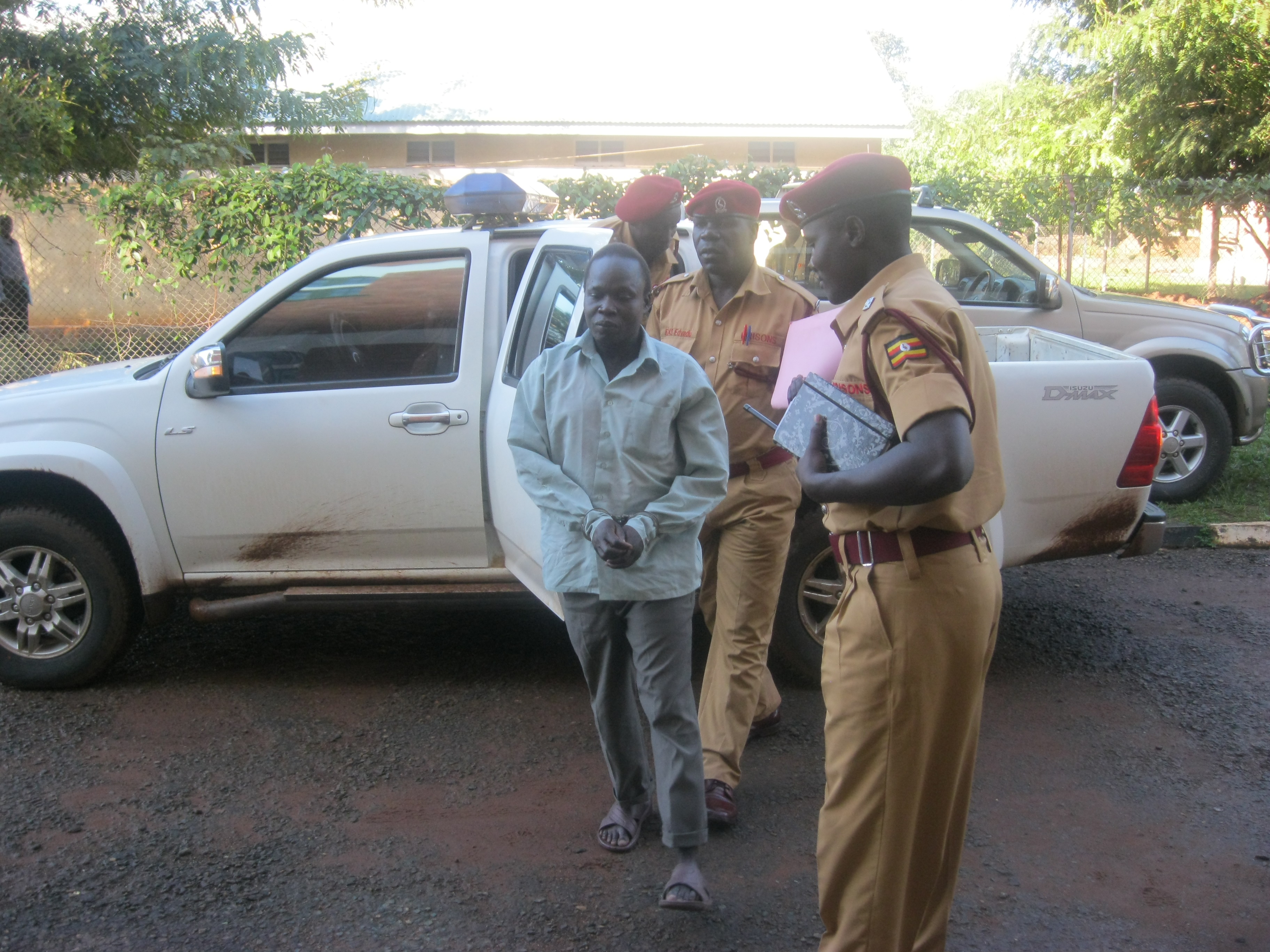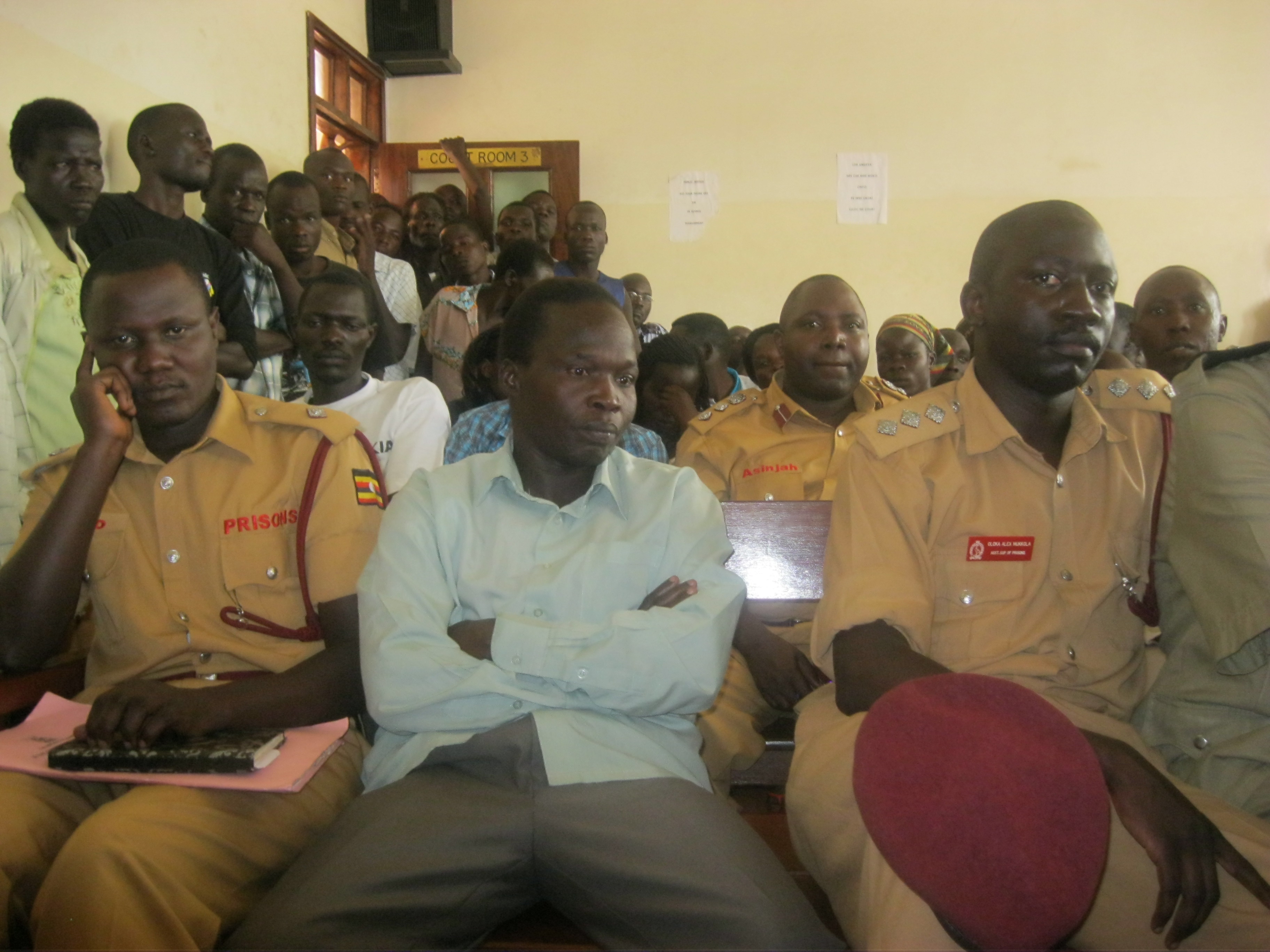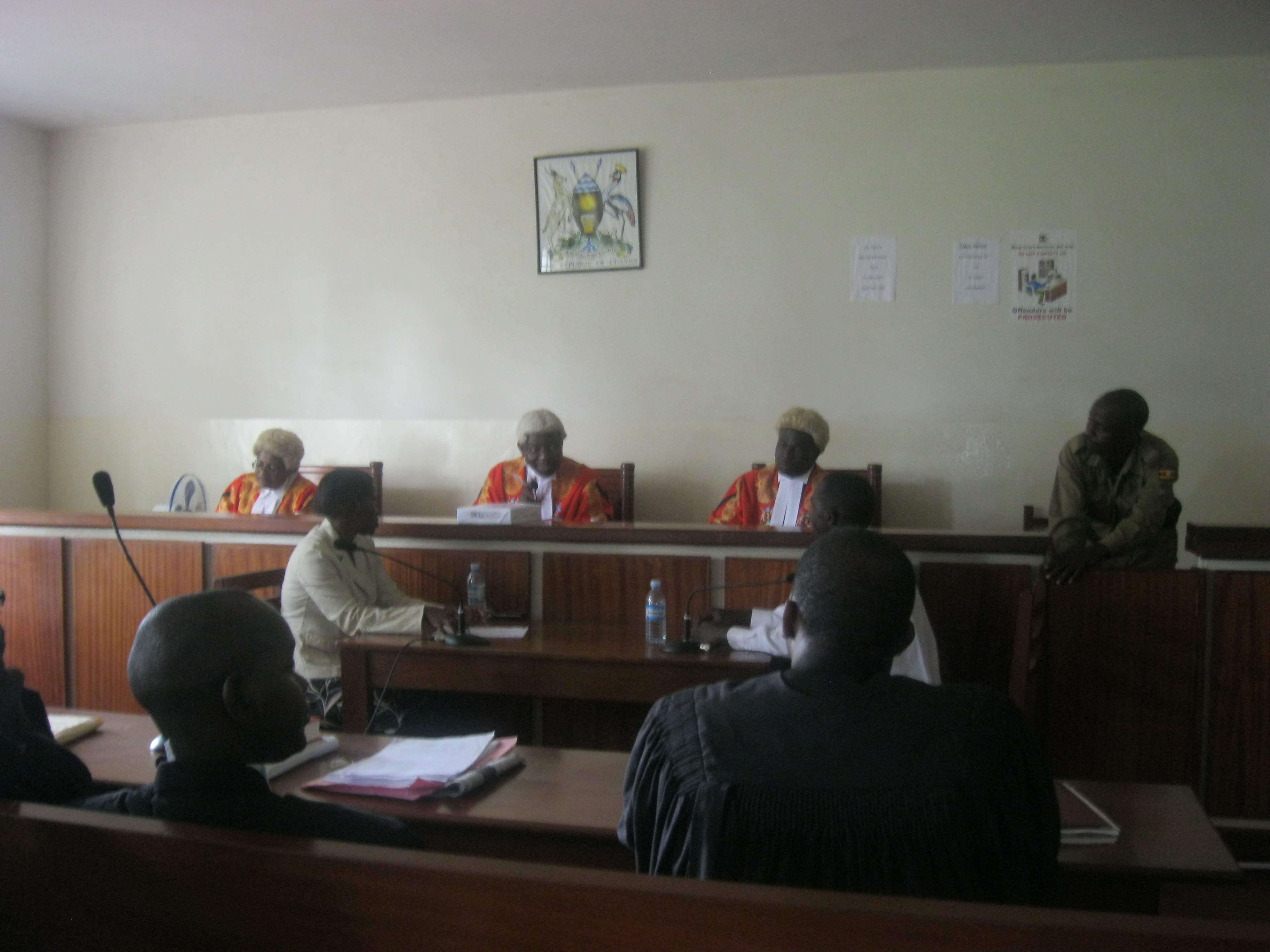“Kwoyelo Amnesty Raises Questions about Ugandan Justice,” International Justice Resource Center, 30 Nov. 2011
http://ihrlaw.org/2011/11/30/kwoyelo-amnesty-raises-questions-about-ugandan-justice/
In Uganda, amnesty for an alleged Lord’s Resistance Army commander, Thomas Kwoyelo, by the country’s High Court has raised questions regarding the future of transitional justice there. Kwoyelo had been the first person charged by the International Crimes Division of the High Court for murder and other acts allegedly committed during nearly two decades of attacks by LRA forces on civilians in Uganda and the Democratic Republic of Congo (detailed background here). Although the grant of amnesty was upheld on appeal, the attorney general has appealed again to the Supreme Court. Many LRA rebels were granted amnesty under the Amnesty Act of 2000, but Kwoyelo had been denied without explanation when he applied. [Sunday Monitor; BBC; RNW] Other LRA leaders indicted by the International Criminal Court have yet to be captured (Kwoyelo is not sought by the ICC). [ICC]
Kwoyelo’s trial on charges of grave breaches of the Geneva Conventions began in July 2011 (see HRW report here). As reported by Human Rights Watch:
Kwoyelo’s defense counsel signalled to the court that they would raise three preliminary objections to the trial. One would be in regard to the state’s failure to apply Uganda’s Amnesty Law to Kwoyelo, although thousands of other LRA combatants have been granted amnesty under the act. The second would be to the fact that they had yet to receive full disclosure of the prosecution file, including exculpatory evidence. The third would be to the application of the Geneva Conventions Act to Kwoyelo’s alleged conduct.
[HRW] The International Crimes Division then sought an interpretation of these issues by the appellate court, which ruled on September 22 that Kwoyelo was entitled to amnesty under the law and as a matter of equal protection. When the prosecution sought a stay of the order to release him, on November 10, the appeals court confirmed its September ruling and held Kwoyelo should be freed. Recently, when Kwoyelo remained in custody despite the court’s order, the International Crime Division of the High Court urged the public prosecutor to apply the amnesty and set him free. [AllAfrica; Justice and Reconciliation; Yahoo; Insight on Conflict]
As reported by the Justice and Reconciliation Project, residents in Kwoyelo’s hometown in northern Uganda who identify Kwoyelo “as the face of the LRA” blamed him for the atrocities committed there and “feel strongly that he should not return and fear his presence in the area.” Further, the Project reports, “victims expressed frustration over inconsistent dealings with the ICD and a lack of communication about current developments in Kwoyelo’s case”. [JRP]





